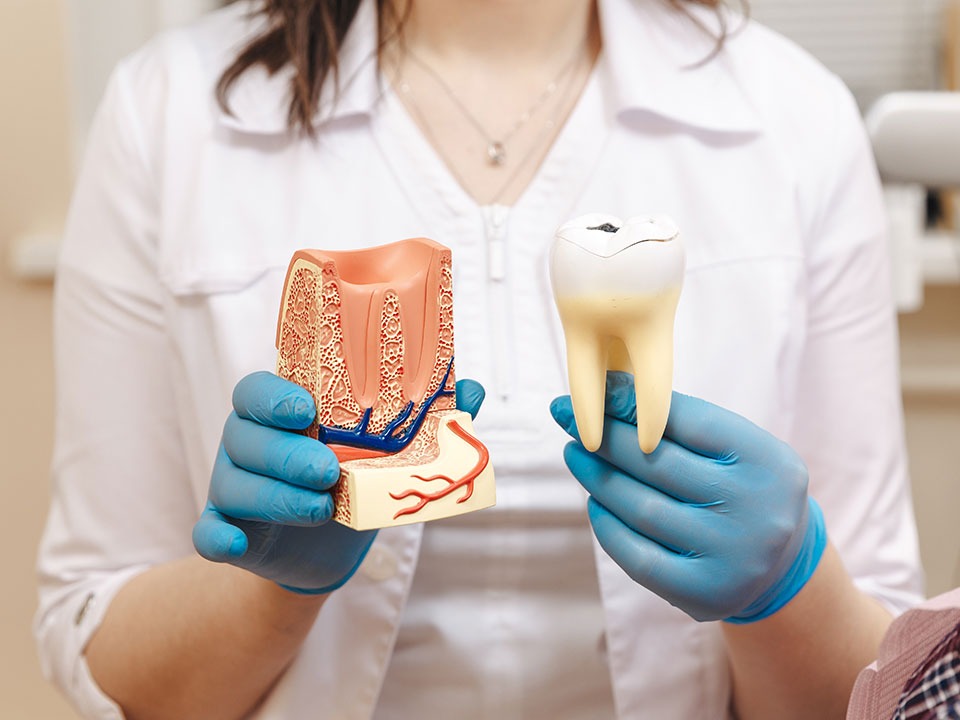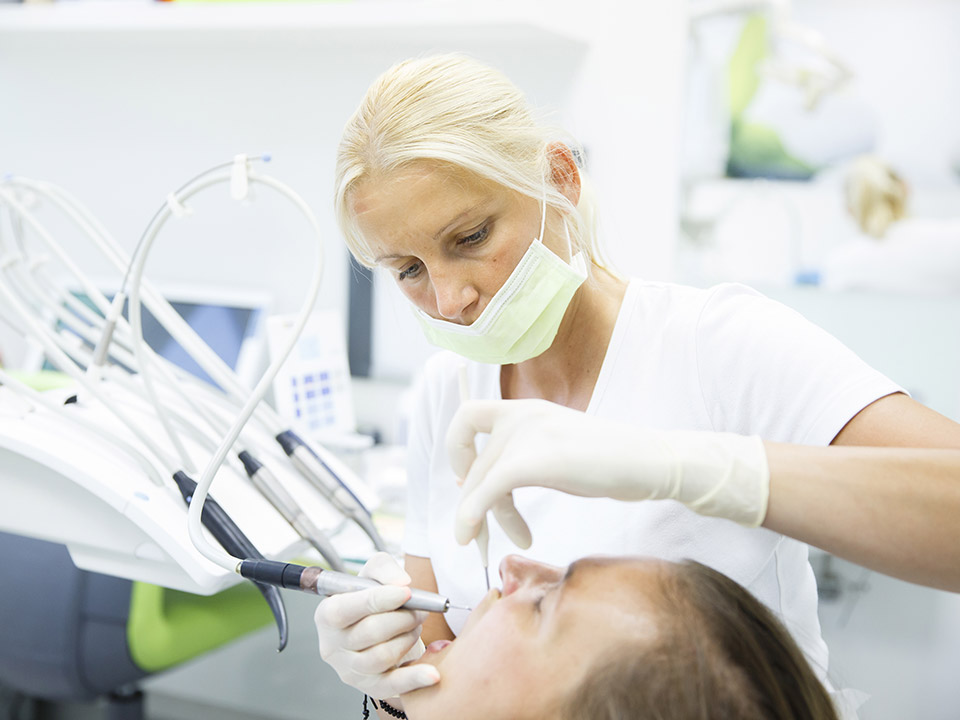Do you ever experience sudden numbing pain from your jaw that spreads to other parts of the face? Don’t worry; it happens to more people than you would think. Jaw pain is a recurring issue in most people, and it often spreads to other parts of the face, making it hard to pinpoint at times.
But just because it is normal does not mean you should avoid getting checked when you experience jaw pain. It can be difficult to tell the underlying issues, so self-diagnosis is out of the question. Additionally, failure to get checked could lead to serious issues that may even cause permanent damage.
When you make your doctor’s appointment, it is important to learn more about jaw pain. There are several causes of this problem, as the information below will explore. So keep scrolling to learn.
What Causes Jaw Pain?
There are many reasons why you could develop jaw pain. The most common reasons, however, are:
Temporomandibular joint and muscle disorder (TMD)
This is a pretty common cause of jaw pain. It affects almost 10 million Americans and is popularly known as TMJ. This disorder affects the temporomandibular joints. These are the hinge joints on either side of the jaw. The condition sees misalignment or damage of the joint, leading to severe pain and other symptoms such as:
- Tenderness
- Earache
- Difficulty opening and closing the mouth
- Pain when eating or opening the mouth
Arthritis, tissue damage, teeth clenching or grinding, misalignment, jaw infections, and damage to the joint are all possible causes of TMJ.
Arthritis
The different types of arthritis can cause the joints and even bones to wear. When this happens, you can easily develop bone pain. Also, since arthritis is an inflammatory condition, it causes pain in bone joints, including the jaw.
Sinus issues
People often confuse sinus issues with toothaches, but for a good reason, sinus issues can cause jaw pain similar to toothaches. The most common sinus issue is sinusitis. It is a condition that causes inflammation in the nasal cavities.
The sinuses are cavities that, when inflamed, will trigger pain in one or both sides of the jaw. You may also experience:
- Nasal congestions
- Difficulty smelling and tasting
- Fatigue
- Pressure and pain in the ears and head
- Facial swelling, pain, and pressure
- Mucus that drains into your throat.
Dental problems
A severe dental infection or decay can also cause pain through the nerves. This pain can easily radiate to the jaw. It can also be gum diseases and abscesses.
Teeth grinding and clenching
People can unknowingly clench or grind their teeth when sleeping. It can also occur due to emotional stress and tension. Teeth grinding or bruxism leads to tooth damage and often causes pain in the jaw. There are several causes of bruxism, but it is common in children. It can also trigger headaches and other symptoms.
Trauma
Jaw pain can also result from trauma to the mouth or jaw. If you were playing or in a physical altercation and then develop jaw pain, you might have a broken or dislocated jaw. Dislocated jaws can also occur from opening the mouth too wide. Dental surgery can also cause pain since recovery takes a while.
Cluster headaches
Cluster headaches will cause pain behind or around the eyes. However, this pain can radiate to the jaw, leaving you severe pain when you speak or even move the jaw.
Vascular conditions
Issues with the circulatory system can lead to severe jaw pain. For example, tempora arteritis is when the arteries on either side of the head become inflamed, leading to headaches and jaw pain. It could also affect your vision.
Another vascular condition like angina can develop when the heart does not get enough oxygen-rich blood. It causes chest pain, puts you at risk of heart attack, and causes jaw pain.
Heart attack
A heart attack will cause pain in the chest, but it can also trigger pain in your back, arms, back, and even jaw. Most women experience jaw pain on the left side of their faces during a heart attack. Remember, heart attacks are an emergency, so call for an ambulance if you experience this type of pain plus:
- Sweating
- Nausea
- Feeling faint
- Chest discomfort
- Difficulty breathing
Trigeminal neuralgia
This is a lesser-known condition that is unlikely to cause jaw pain, but it can happen. The condition occurs due to nerve compression in the trigeminal nerve. This nerve provides sensation to a large part of the face, including the upper and lower jaw. Compression of the never will therefore trigger jaw pain.
Tumors and cysts
Tumors are tissue lumps, and cysts are like giant pimples with fluid. A tumor or cyst can cause pain when it grows along the jaw.
Jaw tumors and cysts are rarely cancerous, but they can affect your oral health negatively. They can make your teeth move out of place or even destroy the nerves and tissues in your mouth. You could also develop symptoms such as
- Bleeding sores
- Soreness of the throat
- Red and white patches in the mouth
- Trouble swallowing or moving the jaw
- Face or jaw swelling
Neuropathic pain
This is the type of pain that occurs when your nerves sustain damage. They send pain signals to the brain, and symptoms occur from time to time or continuously. Some forms of neuropathic pain can reach the jaw, causing you severe discomfort.
Osteomyelitis
And lastly, while it is not a common condition that causes jaw pain, Osteomyelitis can cause you severe pain. This is a rare complication of dental surgery that manifests as an infection. One of the primary symptoms is jaw pain.
It is important to note that multiple other conditions can trigger jaw pain, including:
- Ear infections
- Mental health conditions
- Fibromyalgia
- Salivary gland disorders
- Stress
- Fatigue
- Insufficient sleep
- Autoimmune conditions such as lupus
It is important to get a diagnosis from a qualified doctor before seeking treatment. Often the most effective treatment for jaw pain is treating the underlying conditions. Therefore, ensure that you get examined and tested to determine what is causing jaw pain. Also, remember that a quick diagnosis increases the chances of successful treatment and recovery.







